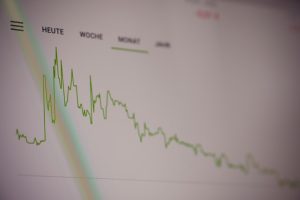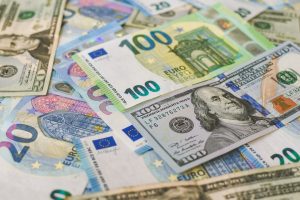Forex macro refers to the analysis of the global economic environment and its impact on the foreign exchange market. In simple terms, it is the study of the macroeconomic factors that influence currency prices, such as interest rates, inflation, economic growth, and government policies.
The foreign exchange market is the largest and most liquid financial market in the world, with an average daily turnover of $5.3 trillion. It is a decentralized market where currencies are traded 24 hours a day, five days a week, across various financial centers around the world.
Forex macro traders use fundamental analysis to make trading decisions based on the economic and political events that affect the global economy. They analyze economic indicators such as Gross Domestic Product (GDP), Consumer Price Index (CPI), unemployment rate, and interest rates to identify trends and make predictions about currency movements.
One of the key advantages of forex macro trading is that it is a long-term strategy that requires patience and discipline. Unlike day trading or scalping, which involves making quick trades based on technical analysis, forex macro traders hold positions for weeks or months, allowing them to capitalize on long-term trends and gain significant profits.
Another advantage of forex macro trading is that it is not affected by short-term market fluctuations or news events, as traders focus on the broader economic picture. This makes it a less stressful and more predictable trading strategy, as traders can take a more measured approach and avoid making impulsive decisions based on emotions or market sentiment.
However, forex macro trading also has its challenges. The global economy is complex and constantly changing, with numerous factors that can affect currency prices. Traders must have a deep understanding of macroeconomic principles, as well as the ability to interpret economic data and news events accurately.
Additionally, forex macro traders must be aware of the risks associated with currency trading, such as market volatility, geopolitical risk, and currency fluctuations. Traders must have a solid risk management strategy in place to protect their investments and minimize potential losses.
In conclusion, forex macro trading is a long-term, fundamental trading strategy that involves analyzing the global economic environment to make trading decisions. It requires a deep understanding of macroeconomic principles, as well as the ability to interpret economic data and news events accurately. While it offers significant potential profits, it also carries risks, and traders must have a solid risk management strategy in place.






